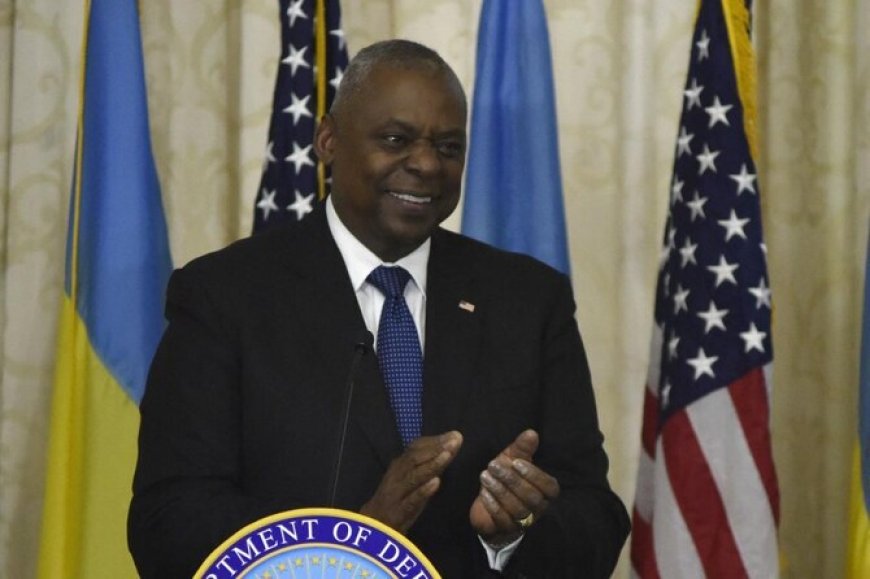Amid the transition in leadership, the head of the Pentagon has reaffirmed the US military's dedication to following legal orders.
In light of the upcoming transition to the Trump administration, Defense Secretary Lloyd Austin has reaffirmed the Pentagon's dedication to a smooth transfer of power, stressing that the military will remain autonomous from political interference and faithfully execute its constitutional mandate.

In light of the upcoming transition to the Trump administration, Defense Secretary Lloyd Austin has reaffirmed the Pentagon's dedication to a smooth transfer of power, stressing that the military will remain autonomous from political interference and faithfully execute its constitutional mandate.
While avoiding political engagement, Austin assured military personnel in a memo that the Pentagon is prepared to carry out "all lawful orders" from the incoming administration. To defend the country, "principle and professionalism" are paramount, and "the US military will continue to stand apart from the political arena," as Austin put it.
The Military's Crucial Role in Successfully Challenging Political Transitions
Given the anticipated policy changes under Trump's new government, this guarantee of a peaceful and unbiased transition takes on added significance. Changes in domestic and foreign operations are on the horizon as a result of Trump's threats to overhaul US defense policy, including military spending, alliances, and strategic posture. While the Pentagon is committed to maintaining its current level of cooperation with defense partners and friends throughout the world, Austin's statement stresses that any policy shifts must be in full compliance with the law and the constitution.
Separation of the Military from Politics
Interest in the military's involvement in both domestic and foreign issues has recently surged, which coincides with the release of Austin's memo. His remarks uphold the time-honored custom of the United States military maintaining neutrality under civilian leadership and in defense of democratic values. These assurances are especially pertinent in light of the current debates about the expansion of presidential powers and the demands to centralize military decision-making within the executive branch.
No matter the level of political tension, the United States military has always remained politically neutral, in accordance with the idea that soldiers must obey legitimate commands without being aligned with political goals. Maintaining public faith in the military during periods of change requires this impartiality.
Revitalized Attention to Legal Decrees and Military Responsibility
Austin, through his emphasis on "lawful orders," subtly restates the military's resolve to be held accountable and to follow US laws and international commitments. This pledge protects the constitutional role of the military by ensuring that any changes to defense policy would be pursued in accordance with US legal norms.
The Pentagon must be prepared to adjust to new foreign policy and defense strategy directions from the Trump administration without sacrificing military ethics or ideals. Even while the military is still subservient to the president, Austin's remarks show that it follows all applicable laws and ethical standards.
Partnerships and Alliances for Strengthening
Standing "together with the valued allies and partners who deepen our security" is just as important as making sure things go well at home, according to Austin. Despite the possibility of foreign policy shifts under the incoming administration, the United States continues to place an emphasis on alliances, demonstrating its dedication to multilateral cooperation.
The strategic connections that support US defense policy are brought to light by Austin's focus on partnerships as the Pentagon maneuvers through the change in administrations. The military's role in promoting international security, from NATO obligations to collaborative efforts in the Indo-Pacific, will continue to be a priority as new policies and approaches are developed under President-elect Trump.













































